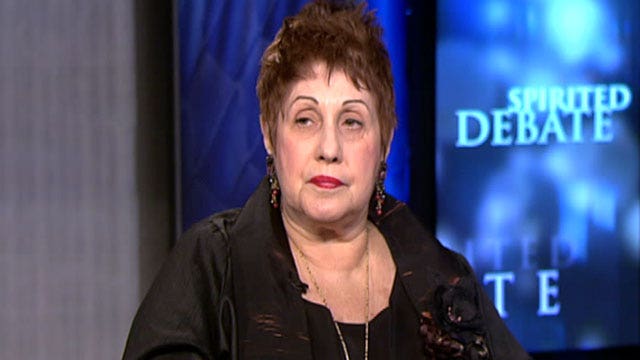How an American became the property of her Afghan family
Twenty years old and in love, Phyllis Chesler, a Jewish-American girl from Brooklyn arrived in Kabul with her Afghan bridegroom and became the property of her husband's family. She tells her story
Young love, foolish love, love upended by reality, love remembered over time. Haven’t we all known something like this? But as one grows older, one evolves and matures—as I did. I changed. I am no longer the girl I was when I was eighteen years old.
But I am a writer and the question has now arisen: Why did I choose to continue speaking to a man who once endangered my very life? People who are close to me are asking me this very question.
My answer, in part: Is compassion (not forgiveness) the sign of maturity or is holding onto rage a principled obligation?
My tale, told in "An American Bride in Kabul: A Memoir" is not that of a victim. It is a tale of survival and about a very grand adventure.
[pullquote]
One does not get to have such adventures without paying a high price.
Other travelers to the East have also risked death and considerable misery. Many have been afflicted with malaria, parasites, dysentery and hepatitis.
Some died.
Some travelers flourished and wrote about their fabulous forays, their visits to imperial harems, their desert and mountain misadventures. Such experiences are not cheap.
My Afghan husband had not prepared me for the life I would be expected to lead in Kabul.
He allowed me to yield up my American passport under false pretenses and I lost all citizenship rights and my freedom.
I became ill and nearly died. The illness permanently weakened my immune system.
The grand adventure that I had coveted certainly ended my marriage. But what I learned, what I have made of it all, has stood me in good stead down the years.
Incredibly, some people have challenged my feminism because I decided to speak to my Afghan husband when he and his family came to America after they fled the Soviet invasion.
Is the fact that I opened my door to him and got to know him and his family really a betrayal of my feminist principles?
Is this coming from the same huffy quarters from which “Hillary should have left Bill” once emanated?
I disagree with such youthful and perhaps heartless assessments of what a real feminist or a powerful woman would do. I am a real feminist, I have risked my life, my freedom, and my reputation many times over on behalf of the freedom and survival of other women.
Here’s how I see it:. My Afghan husband has absolutely no power over me in America.
Being cordial, being “nice,” exercising compassion, costs so little and is also such a noble American and Jewish tradition. My freedom is no longer at risk.
In essence, we spoke or saw each other once or twice a year, over a period of thirty five years. And why not?
He is part of my past. I thought this was the decent thing to do. And I came to love his second wife and their children.
True, as I write in my book, I suffered our increasing political differences and we challenged each other on them—but we also maintained a courteous relationship. We kept our distance but we also kept in touch.
I may be a feminist but I do not carry life-long hatred for someone who once wronged me, long ago.
How many people does one know for 55 years? Why would I refuse to talk to someone in this category ever again?
In retrospect, I doubt I could ever have written the book I’ve written had I not come to know him and his family when I was older and better able to understand what had drawn me to him and to his culture.
We were both rebels and mad dreamers. We thought we could live in the East as bohemian Westerners.
He thought my love for him and my desire for an exceptional life would be more important than my need for freedom and for a life of independent significance.
I thought this man would put my needs above his ambition to bring his country into the modern world. He sacrificed me completely—and I fled as quickly as I could. An Afghan wife’s life was not for me.
But, as I write in An American Bride in Kabul, “Writing this book has put me in touch with the long-buried tenderness that I still feel for my Afghan husband—especially now that he has become a character in these pages. And so, we remain connected in our own unspoken ways.”

